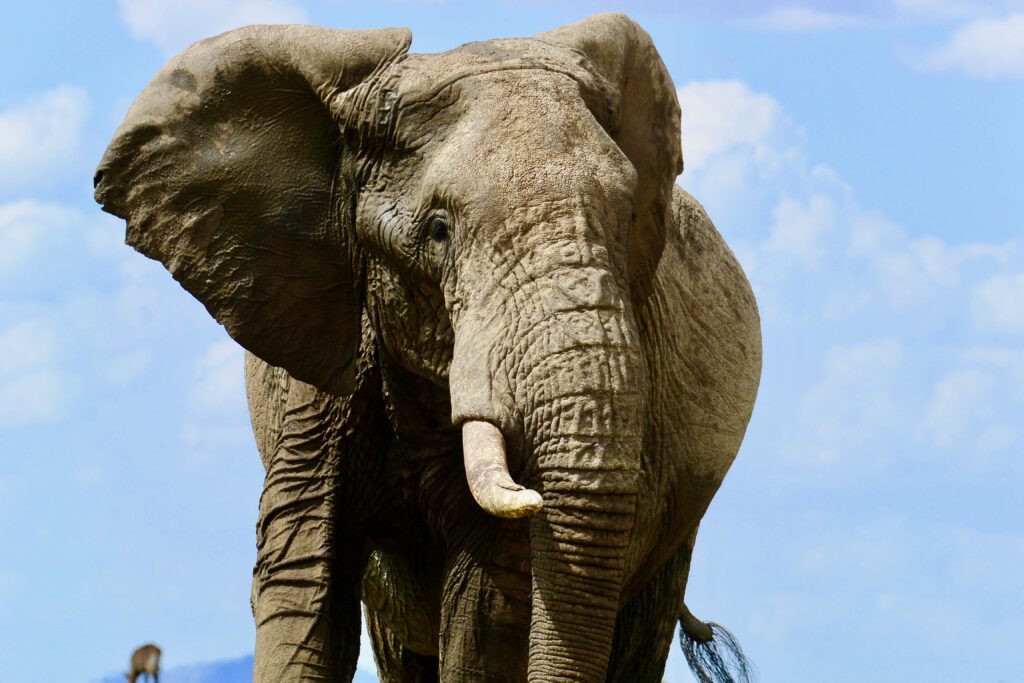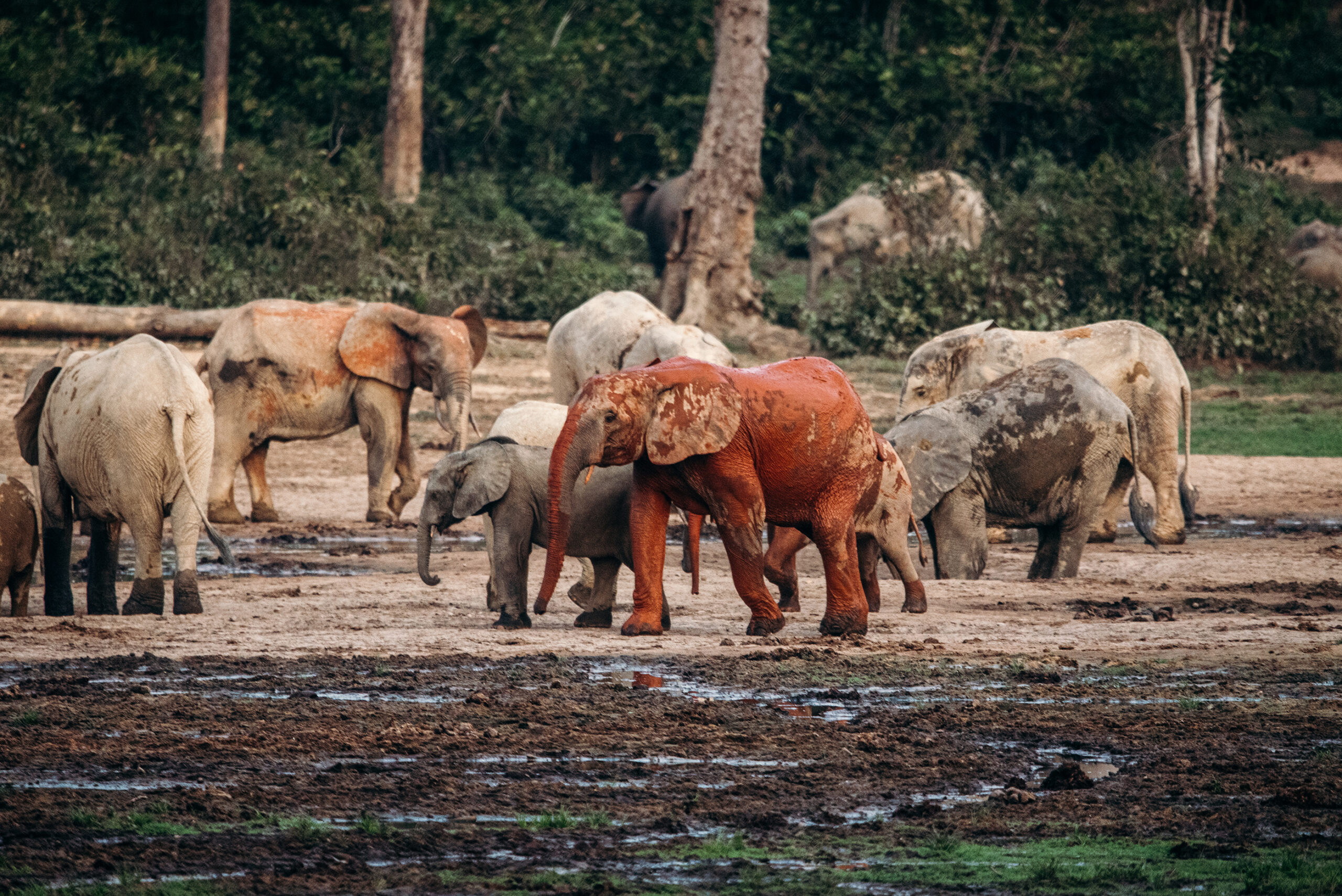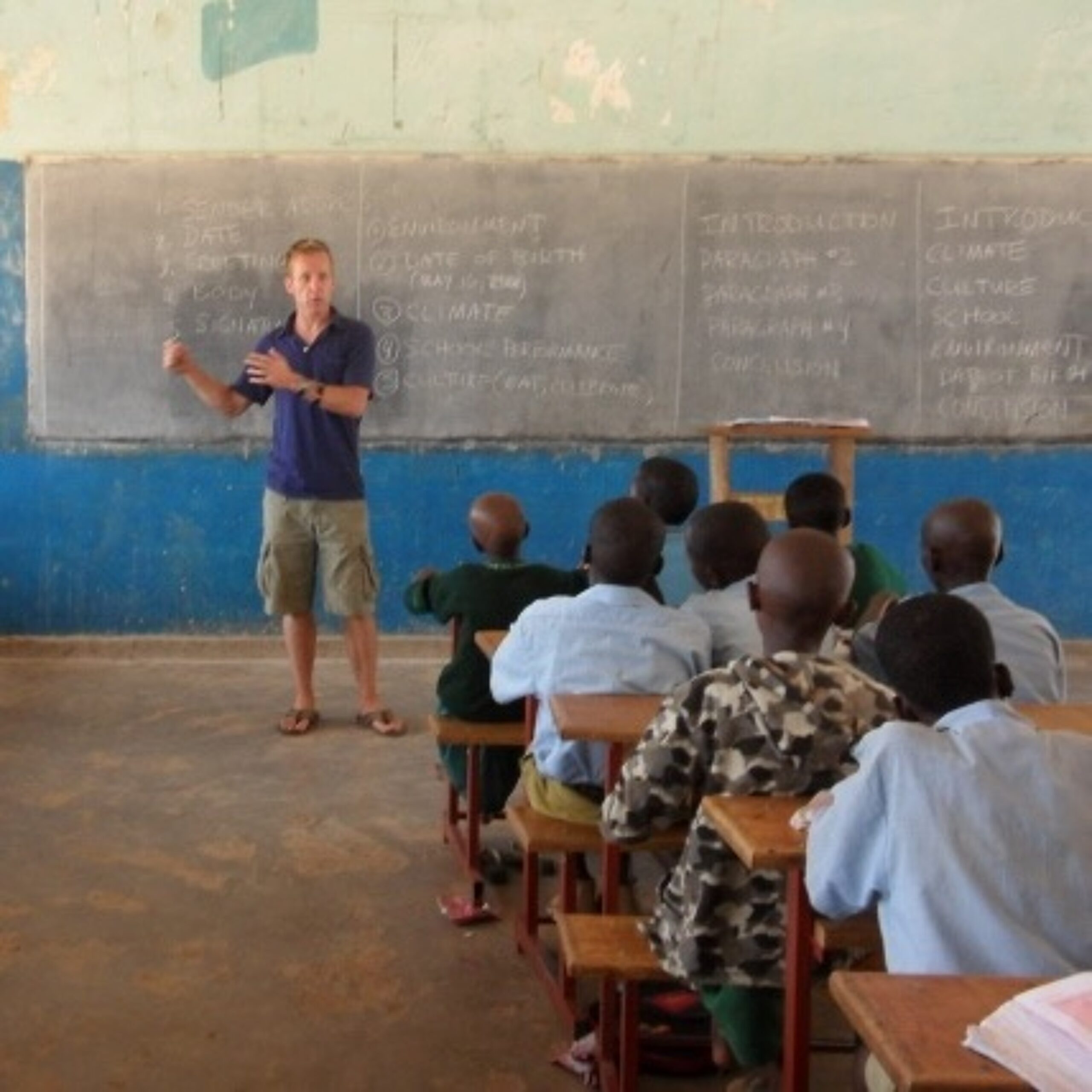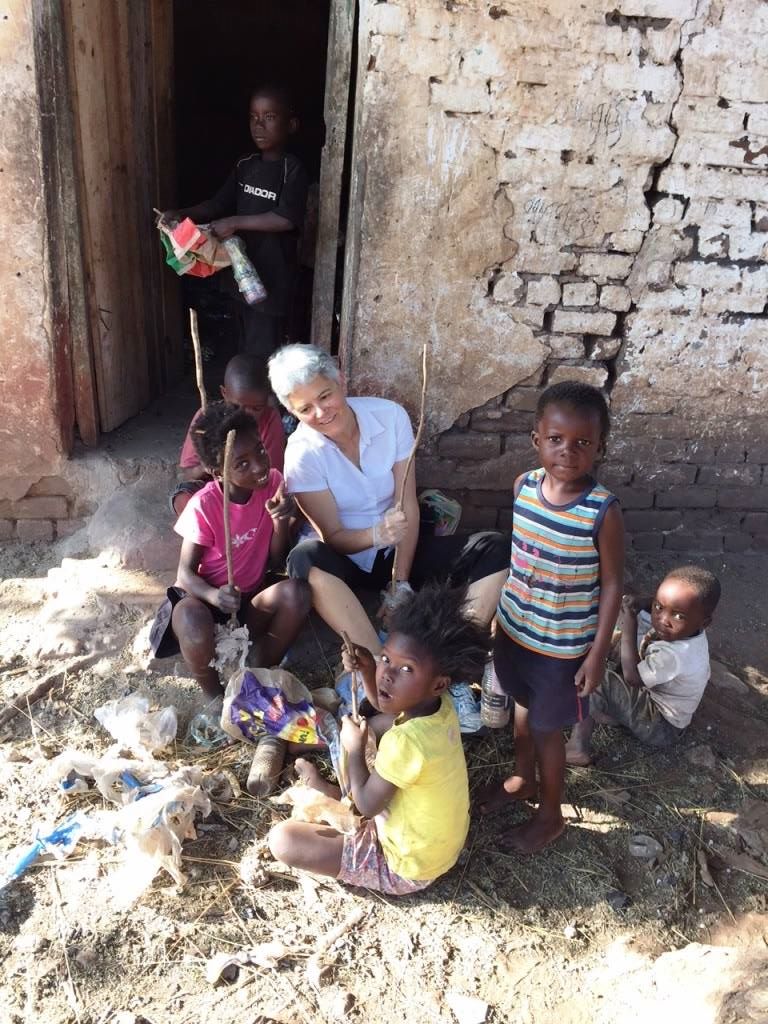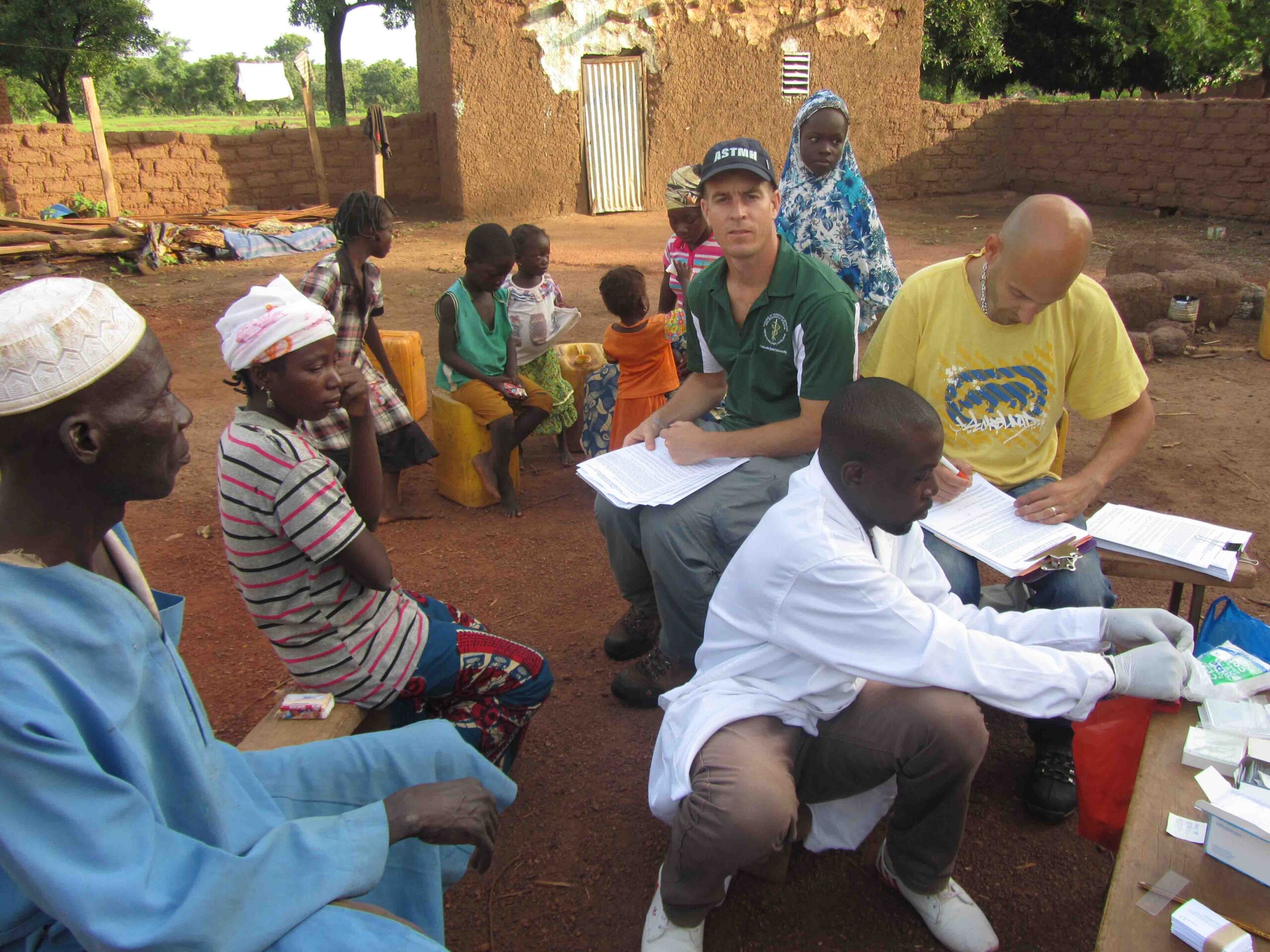The Africa Center advances innovative and interdisciplinary/transdisciplinary research that cross-cuts conventional disciplines in an attempt to tackle environmental and sustainability issues. Specifically, The Africa Center members address complex issues of biodiversity, ecosystems, wildlife, livestock and human health well-being, and the interactions that occur between these issues across spatio-temporal scales. The Africa Center members are actively involved in research, education, and collaborative engagement between institutions in Africa and the United States to promote sustainable ecosystems and societies.
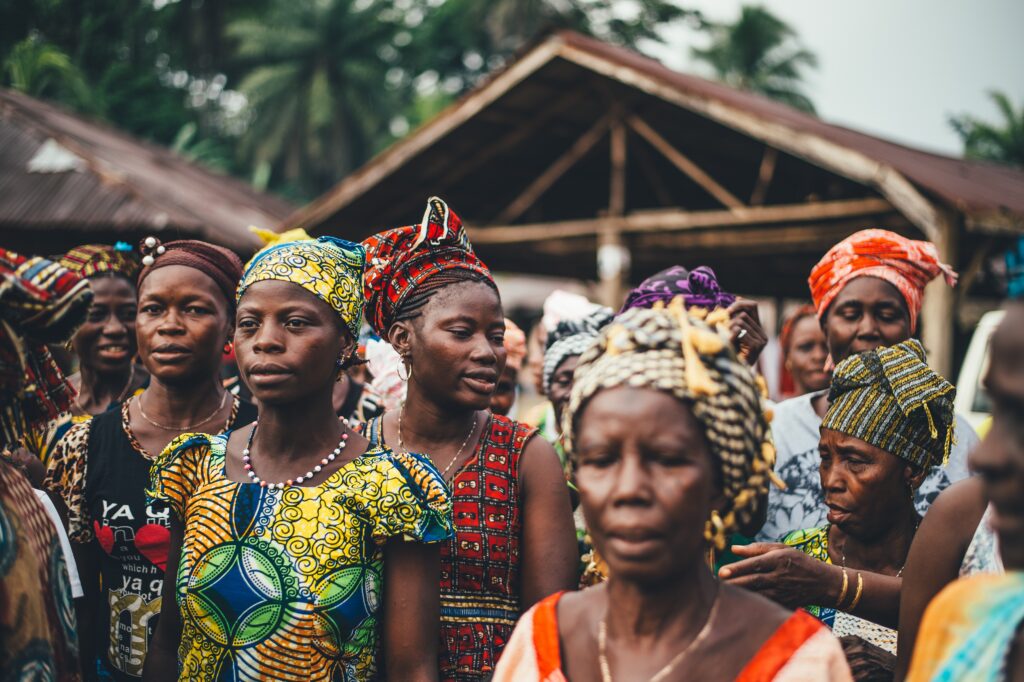
Mission
The Africa Center’s mission is to foster environmental, economic, and social sustainability through teaching, research, and engagement.
Vision
Leading change for sustainable African ecosystems and societies.
